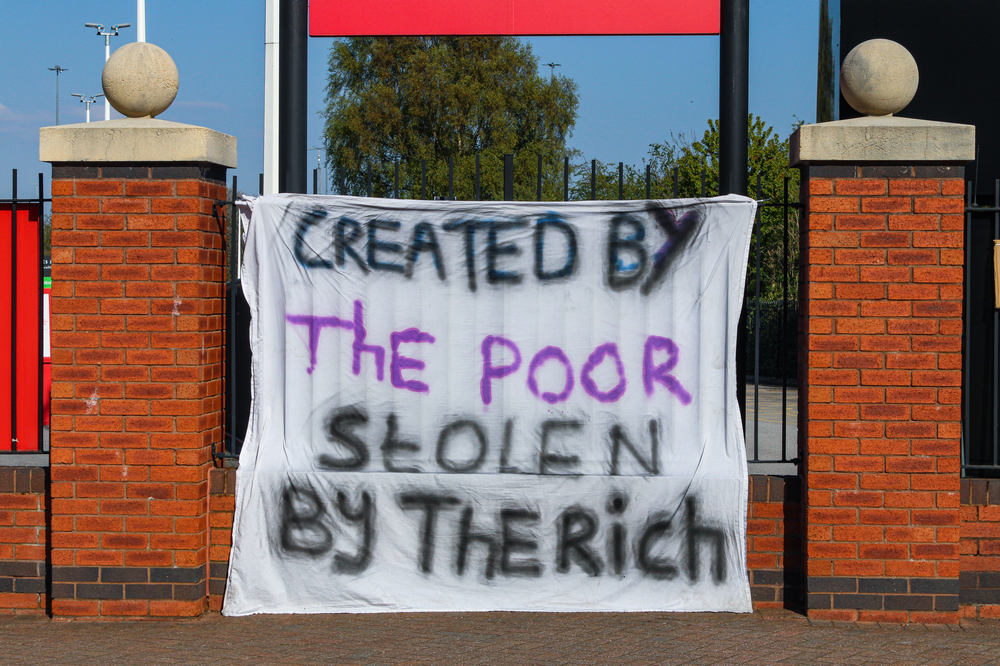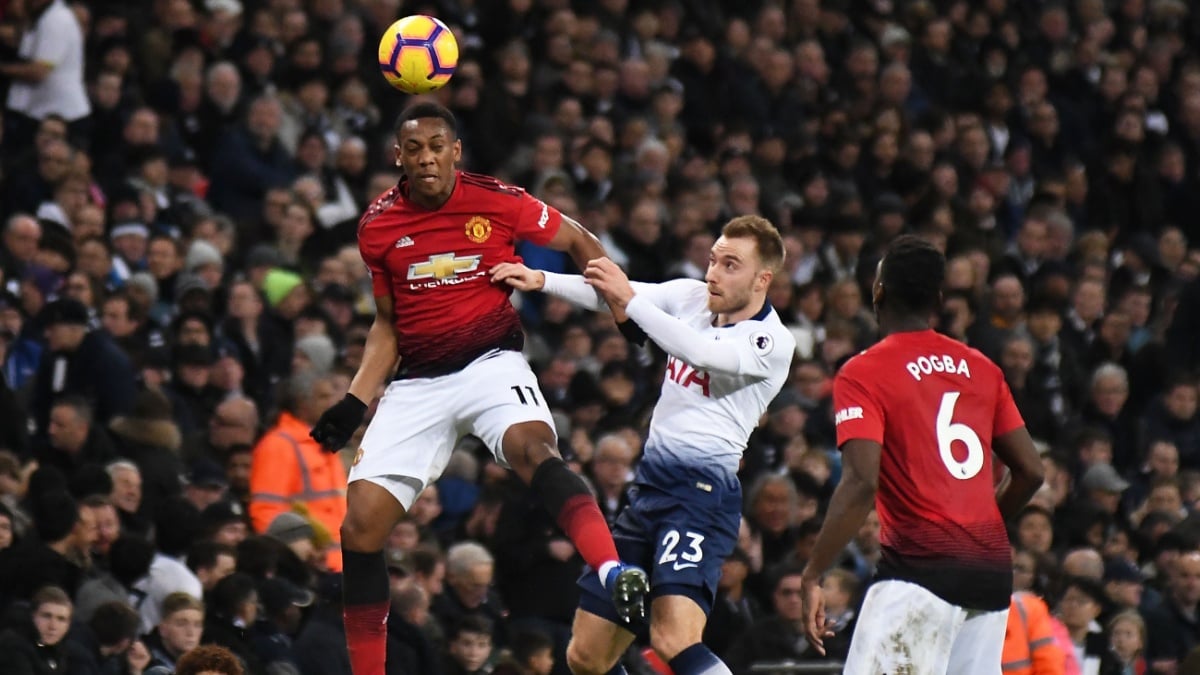Premier League CEO Richard Masters has warned against the potential introduction of banking industry-style regulations to the governance of UK football.
Masters made these remarks in an op-ed for The Times commenting on the government’s Football Governance Bill, introduced to Parliament last month. The legislation aims to introduce rules around liquidity, debt, overall expenditure, ownership and fan relationships.
“My overriding concern is that the bill would reduce our competitiveness and weaken the incredible appeal of the English game.”
Richard Masters
General governance of football has become an area of interest for the Department of Culture, Media and Sport (CMS) in recent years, spurred on in particular by the fan backlash to the proposed European Super League (ESL) back in 2021.
The years have seen extensive debates in sporting, public and political circles about football’s finances as well, with the Fan Led Review of football culminating in this legislation. These debates too have been spurred on by the sport’s current affairs.
Notable events include well-publicised cases of financial fair play (FFP) breach allegations such those against Manchester City and more recent Profit and Sustainability Rules (PSR) violations by Everton and Nottingham Forest, followed by new allegations against former top-flight side Leicester City.

In the midst of these developments, the government wants to introduce a regulator which according to Masters will have ‘unprecedented power over the sport’. This will include determining how much money Premier League clubs distribute to teams in the English Football League (EFL) and lower leagues of the English football pyramid.
“This is an arrangement that, under a voluntary system, already provides the most generous funding in world football,” he said.
“As chief executive of the Premier League, my overriding concern is that the bill would reduce our competitiveness and weaken the incredible appeal of the English game.”
The Premier League currently maintains an extensive system of parachute payments which sees top flight clubs conduct annual cash injections into clubs in the Championship, League One, League Two, and lower divisions.
Masters noted that this amounts to £1.6bn every three years, and accounts for 16% of the league’s total revenues. This has made UK football ‘the envy of the world’ and a global ‘superpower’ in the sport, he argues.
The impact of these payments on some clubs is evident. Masters referenced Brighton and Hove Albion’s achievements as one example, with the team climbing from the EFL to the Premier League to European competition.
This has not stopped fan discontent, however. The backlash against the ESL and protests against ownership by the likes of Manchester United and Arsenal followers showed that many supporters are unhappy with the way clubs are run.
Additionally, the big budget overseas ownership of some teams is also often cited by fans, usually those of smaller clubs, as being an unfair characteristic of English football.
“It is a risk to bring politics and lobbying into football.”
Richard Masters
Masters remains adamant that banking-style regulations are not the answer to such concerns. He also stressed that Premier League club insolvencies are at a 30 year low, suggesting a strong degree of financial stability.
The possibility of a UK general election this year is also a cause for concern for the Premier League CEO. The government may wish to rush the Bill through parliament before voters take to the polls, he said.
In Master’s view, a more interventionist approach could threaten the Premier League’s leadership position and introducing red tape could risk investment due to many seeing club ownership ‘as a passion project as well as a business’.
“It is a risk to bring politics and lobbying into football, especially when there are also genuine concerns regarding how truly independent the regulator will be.
“Already, before it has even arrived, the promise of regulatory intervention in football finances has changed incentives for a new voluntary arrangement to be struck.
“We have spent the past year in discussions with the EFL about an even more generous financial settlement. But these talks have only served to highlight how destabilising intervention could be.”
Masters’ comments in The Times show that the Premier League is confident in its ability and that of its clubs to self-govern.
However, the Everton and Forest points deductions have drawn derision from the clubs’ fanbases, the investigation into Manchester City’s ongoing and could take years to finalise, and murmurings of a hated European Super League have also not gone away.
Amidst these waves of concern and controversy, the Premier League and its clubs may have some more work to do to prove Master’s assertions are correct, and that top-down regulation will not be necessary for the sport’s future.























